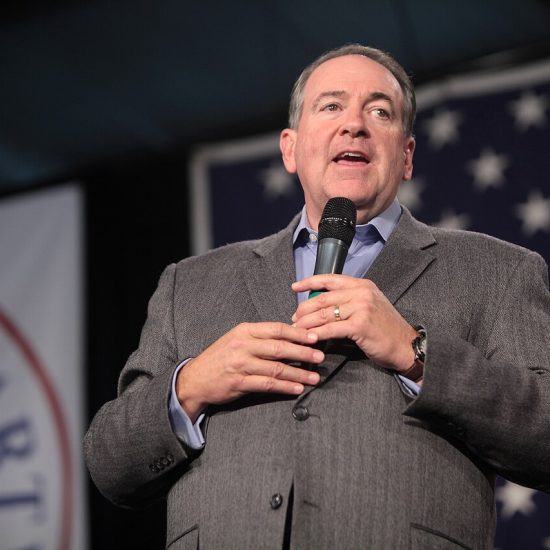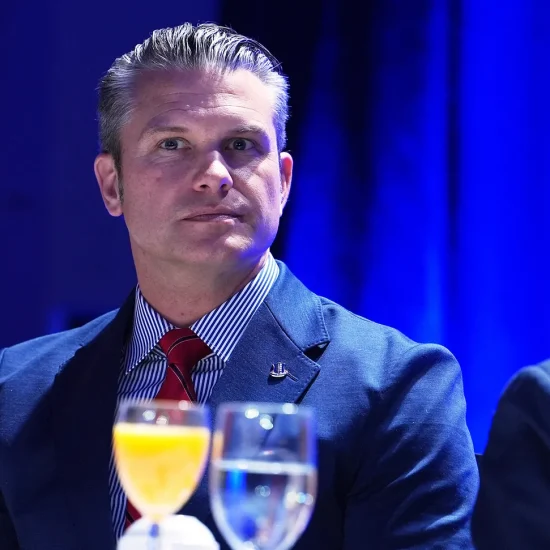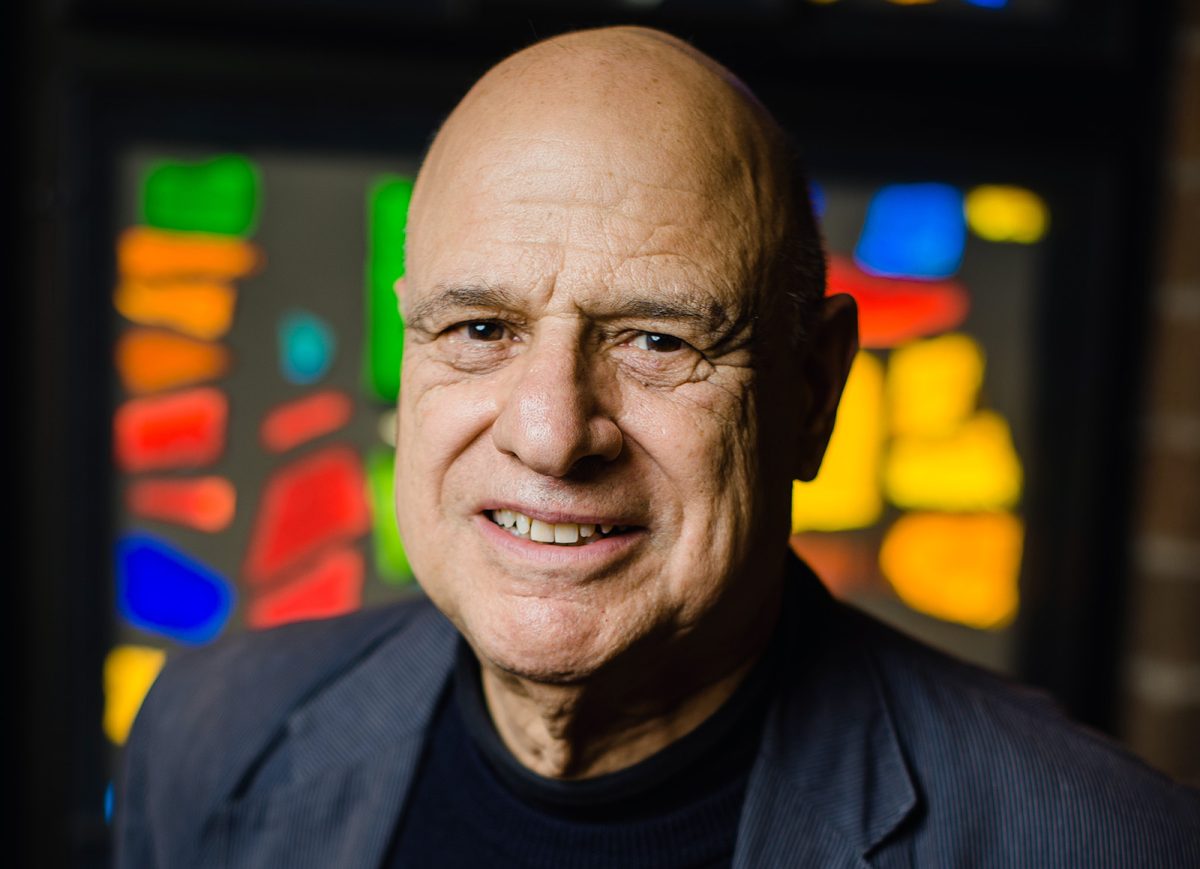
As my own spiritual journey evolved from the faith I inherited to the convictions I claimed as my own, Tony Campolo was a voice who exerted outsized influence on my formation.
I remember reading Following Jesus Without Embarrassing God as a high school student. As I turned its pages, I felt like I was hearing a prophetic word from someone offering a very different perspective on Christianity than so much of what I had heard from popular culture and many church pulpits. There are many others who have echoed similar affirmations of how Campolo’s writing, speaking, and ministry affected their lives.
So I was excited to hear — especially after the news of his death late last year — that Eerdmans was publishing his autobiography, Pilgrim: A Theological Memoir. The project was actually a collaboration between Campolo and writer Steve Rabey, which emerged following conversations the two men shared following Campolo’s second stroke.
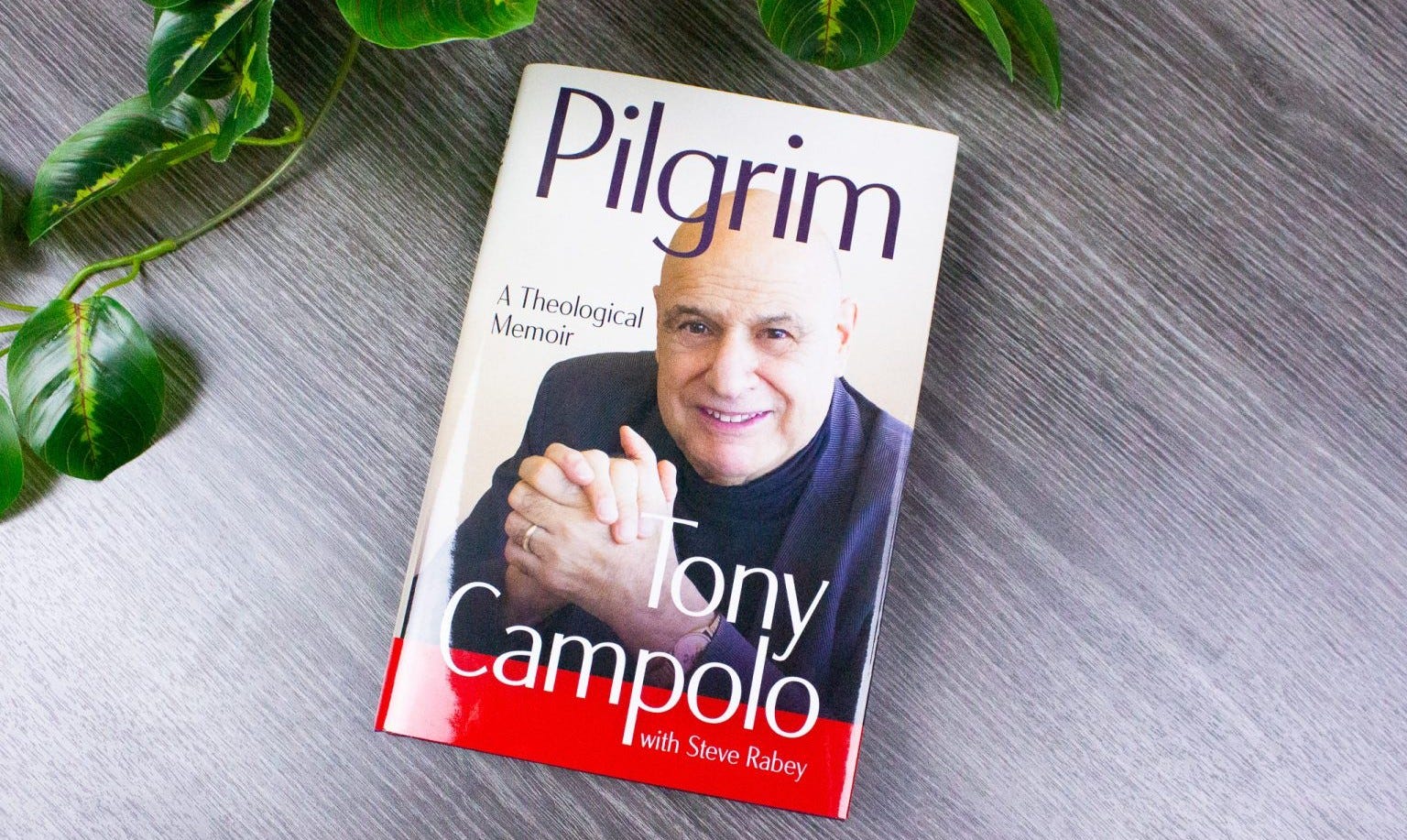
“Neither Tony nor I was planning a book, but after we talked weekly for half a year or so, we decided a book would be good to pursue,” Rabey explained to me in an email. “He was grateful for the opportunity to fill in the gaps and set the record straight about the crucibles in his life that made him who he was.”
Indeed, the book highlights episodes of Campolo’s career that many of us could only read about from afar. It dives into his campaign for Congress in the 1970s, his famous evangelical heresy trial from the 1980s, his role as a spiritual advisor to Bill Clinton during the 1990s, and his late career evolution towards LGBTQ affirmation.
On all of these topics, the book offers the reader greater insights into Campolo’s thinking and experiences. Yet, there were certain topics where it felt like the curtain was only partially pulled back. While grateful for what was shared, I was still left wanting additional details and more explanation that may not ever become publicly known.
Still, there were other aspects of his ministry where the autobiography dives deep. Confronting racism and comprehending how it operates within Christian communities was a continuous thread of Campolo’s career, sometimes because of the sins he happened to see unfolding before his eyes and other times because of his intentional confrontation of such evil.
He also spends significant time reflecting on his family relationships, letting his admirers into both his struggles and his admiration for those whom he most closely loved. Those who followed Campolo’s career closely will be especially interested in what he shares about his son Bart’s faith journey from Christianity into atheism.
And, of course, a lot of words are devoted to the intersection of faith and politics, especially the alternative witness and theological pushback Campolo offered relative to the Religious Right. Campolo’s preaching and writing were meant both to call lost sheep back to the shepherd and to provide an antidote to those warping the biblical story for their own political ends.
When the political operatives of the New Right partnered with Jerry Falwell and other Southern Baptists to use Christian faith to rally a reactionary political movement in the 1970s, Tony understood what was happening,” pastor and activist Jonathan Wilson-Hartgrove wrote for Sojourners after Campolo’s death. “The political movement that recruited young people like me in the 1980s and ’90s substituted ‘traditional values’ for explicit racism, but Tony was a watchman on the wall. He raised a prophetic warning that this was not only dangerous for our common life, it was detrimental to the church.”
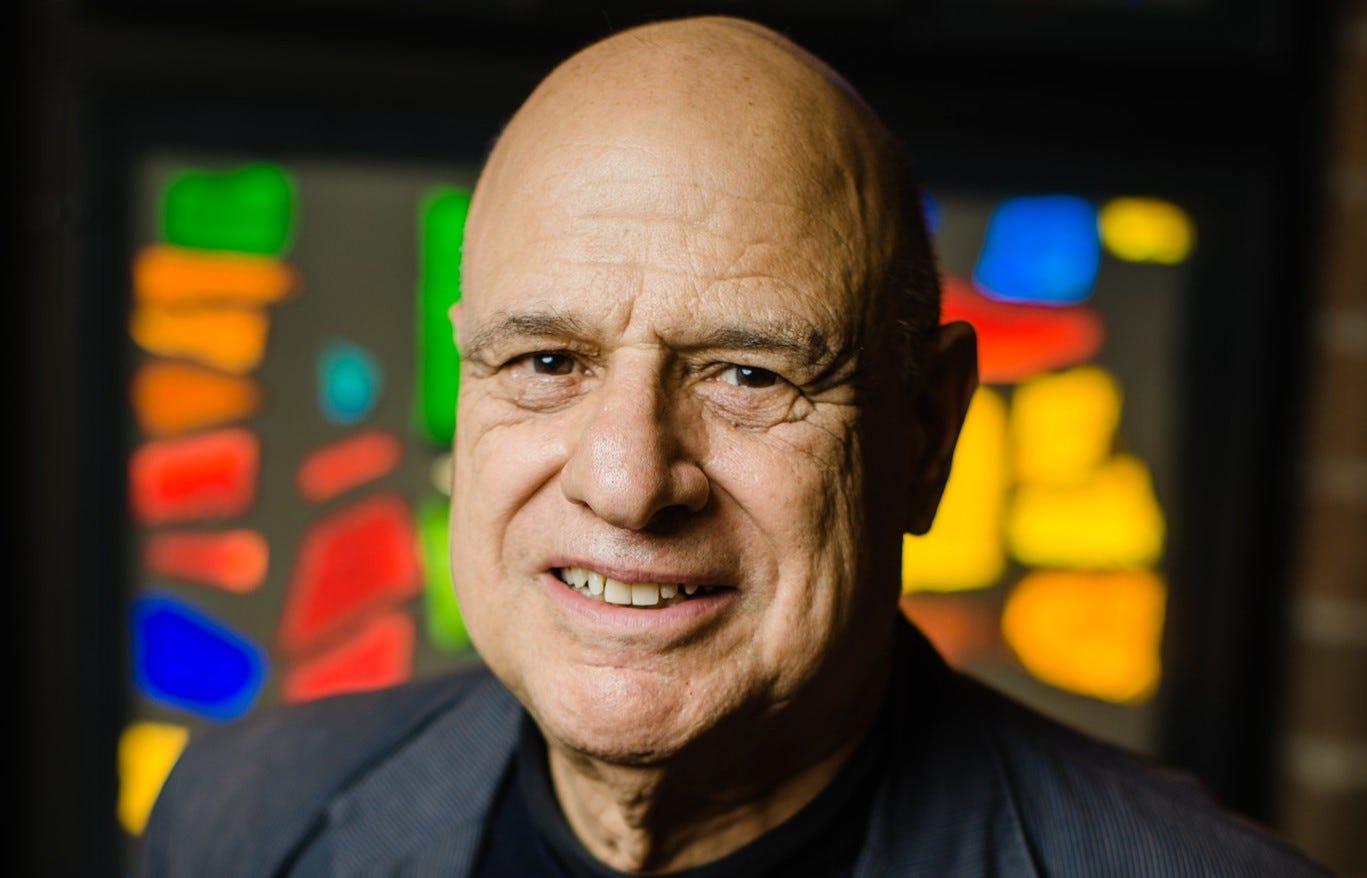
Tony Campolo poses at Bethany Lutheran Church (ELCA) in Crystal Lake, Illinois, in 2013. (Brad Siefert/Creative Commons)
What comes through the strongest when you read Pilgrim is the abiding faith Campolo professed. It’s natural to wonder whether prominent Christians really believe what they say and whether they live up to their own standards when others aren’t watching. After all, we’re all human, and being a Christian is for them both an identity and a job. The autobiography makes clear that Campolo ate his own cooking.
My confidence in this conclusion stems from the way he describes how costly staying true to his convictions proved to be. He lost jobs, endured attacks from others, and struggled to manage all the commitments he took on because of the calling he felt God had placed on his life. Anyone who believes Campolo’s life and ministry were ones of fame and ease will find themselves quickly disabused of such notions when they hear how he tells his own story.
Campolo was a prophetic voice. He was a devoted Christian and a rigorous scholar. Through the years, he was a teacher, a mentor, and a pastor to an almost unfathomable number of people. He left quite a mark. This book is a fitting coda to someone who was always on a journey towards the heart of God and who invited so many others to join him along the way.
While we aren’t able to offer a signed copy of this month’s book, we will be sending Pilgrim: A Theological Memoir to one lucky paid reader of A Public Witness. So if you haven’t already upgraded your subscription, do that today and you might find this book in your mailbox soon.
As a public witness,
Beau Underwood

